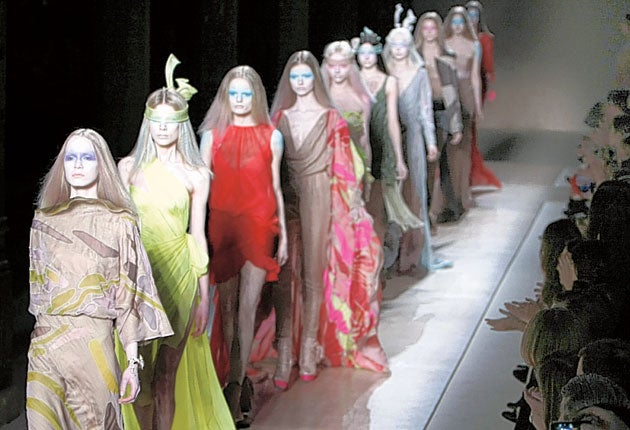Working The Room, By Geoff Dyer
On the catwalk of the mind

At its best, Geoff Dyer's writing skims through ideas, not letting readers break for breath. He revels in his own knowledge, but employs his Milky Way mind with vim and humanity. He has a fine understanding of photography, of philosophy, of the modern and classical canon of English fiction.
A study of Richard Avedon's characteristically unflattering portrait of WH Auden in the New York snow is not so much a retelling of that brief encounter: it is a treatise on Avedon's craft, a contextualisation concerning the tracks Avedon is following (the closely cropped portraits of Julia Margaret Cameron), a glimpse into Dyer's buoyant reason. The concentrated burst of energy that sends you pirouetting off for more.
These essays are sourced from the past ten years and cover an expansive territory: the pictures of Avedon, Trent Parke, Turner, the mutual back-slapping of Rodin and Rilke in 1902. There are Dyer's self-confessed heroes: DH Lawrence, Rebecca West. On contemporary war memoirs, he rightly says that the grand historical sweep of American reportage is better than our poorly-funded efforts. He is as happy referencing The Hurt Locker as the work of Polish foreign correspondent Ryszard Kapuscinski, whose gonzo methods warrant their own tribute.
An autodidact and magpie, Dyer also enthuses when putting himself in the picture. He comes to life when ensconced in his comfort zone - or outside it, looking in. Vogue's decision to send the writer to cover Paris fashion week in 2003 was a coup, and allows him to pull in Frank Lloyd Wright, Shakespeare and The Doors, to super-inject reportage as only an outsider can. "What progress we have made from the cave-dwelling days," he writes, "when arguments would break out over whose turn it was to wear the hide."
His writing is insightful, humorous, and mostly easy to follow. Considering his intellect, he does well to avoid being patronising, though perhaps in his treatment of jazz he assumes the reader shares his blow-by-blow obsessions. I also found his discussion of his parents, whose social milieu he says he has outgrown, somewhat surprising: "the life I would go on to lead would be so different to theirs." If they made as many sacrifices for him as he suggests, would a little humility not be in order - even if Dyer's parents do receive the dedication? After all, Dyer revels in his ability to have hit the dole pretty much immediately after university, to have embraced LSD and pot, to have lounged around in Brixton boning up on the world: freedoms few can embrace.
Maybe he is following Jung's edict that "the only meaningful life" is one that "strives for the individual realisation... of its own peculiar law". But it is odd that he feels the need to tell just how little he cares; especially as office life, unrelenting hours, penny-pinching - not picaresque jaunts - are more relevant than ever. That said, his essay on donuts, and how he became obsessed by them – "otherwise known as the human condition" - exemplifies his passion, wit, and ability to bring something mundane to shimmering life.
Join our commenting forum
Join thought-provoking conversations, follow other Independent readers and see their replies
Comments
Bookmark popover
Removed from bookmarks